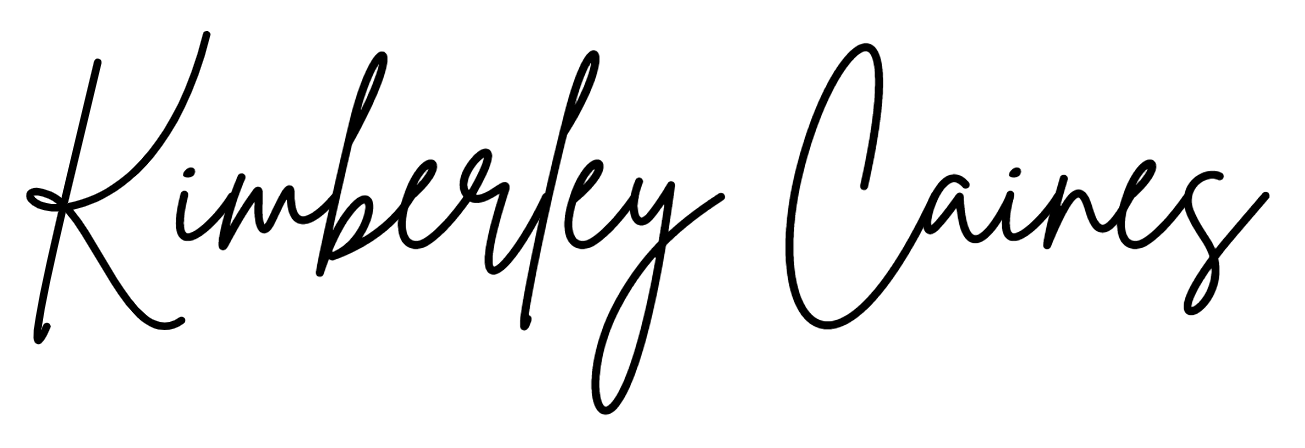From pen to prompt: Why I'm grateful I was a journalist before AI took over

There's a lot of noise these days about AI - how it's changing work, changing industries, changing everything.
And I get it. I use it too. In fact, when I first stepped out of journalism and into business ownership, AI was basically my first employee. It didn't have a name, didn't need lunch breaks, and never let me down.
I turned to it with every question I couldn't answer on my own. I'm not sure how I would've learnt so much, so fast.
But before AI became the sidekick it is now, I spent more than a decade in the trenches of journalism - researching, fact-checking, cold-calling, chasing leads down rabbit holes, and spending far too long trying to track down a quote that someone "definitely said", but somehow didn't exist in any official transcript.
AI didn't exist. And I was a better journalist for it.
I often wonder what it's like in a newsroom now, just over a year since I left. Is AI writing interview questions for talent? Drafting TV scripts? Pulling together newspaper articles that carry a journalist's byline? I'd assume so.
And I'm not against it - we have to keep up with technology. I'm just grateful I was a journalist when AI wasn't at our fingertips. Because back then, we had no shortcuts. No chatbot to summarise a press release or explain negative gearing in plain English. Just me, my curiosity, and a stubborn refusal to leave a question unanswered.
Those years made me scrappy. Sharp. Self-reliant.
They taught me how to write fast and think faster. To spot BS from a mile away and dig until the real story surfaced. Skills that - as it turns out - are wildly useful when you're building a business from scratch.
So yes, I use AI now. Every day. I ask it to explain things I don't understand, turn notes into content, brainstorm email subject lines, even challenge me when I'm overthinking. It's made me more productive and a whole lot less overwhelmed.
But I also know how to do the work without it. And that's the difference.
When I bought my first business, there was no onboarding or corporate team - just me and a to-do list that stretched into next week. I leaned hard on AI in those early days. It became the teammate I didn't have, the explainer-in-chief when Google wasn't cutting it. It was, quite literally, my digital co-partner.
Still, what I'm most grateful for is that journalism trained me to ask better questions. To dig deeper than surface-level answers. To trust my gut when something didn't feel right - and no AI can replicate that.
Yesterday, I attended a marketing masterclass where AI was front and centre. The takeaway? AI isn't here to take your job, but someone who knows how to use it might.
We're already shifting how we search. Instead of saying "Google it", we're saying "ChatGPT it" or "Ask Chat". We're not just searching anymore - we're collaborating, chatting, and expecting smarter, more contextual responses.
Why the change? Because:
- AI is already integrated into the tools we use daily
- It gives us answers in context, not just a list of links
- It's faster, especially when we need to distill information quickly
- It allows follow-up questions that deepen the conversation
- And ultimately, it feels more like a conversation than a search
The way we interact with information is evolving - fast. But as someone who cut her teeth digging for truth without AI, I'm glad I learned how to think before learning how to prompt.
Because AI is a powerful tool. But without curiosity, context, and critical thinking, it's just that - a tool.
And tools don't build great stories. People do.
